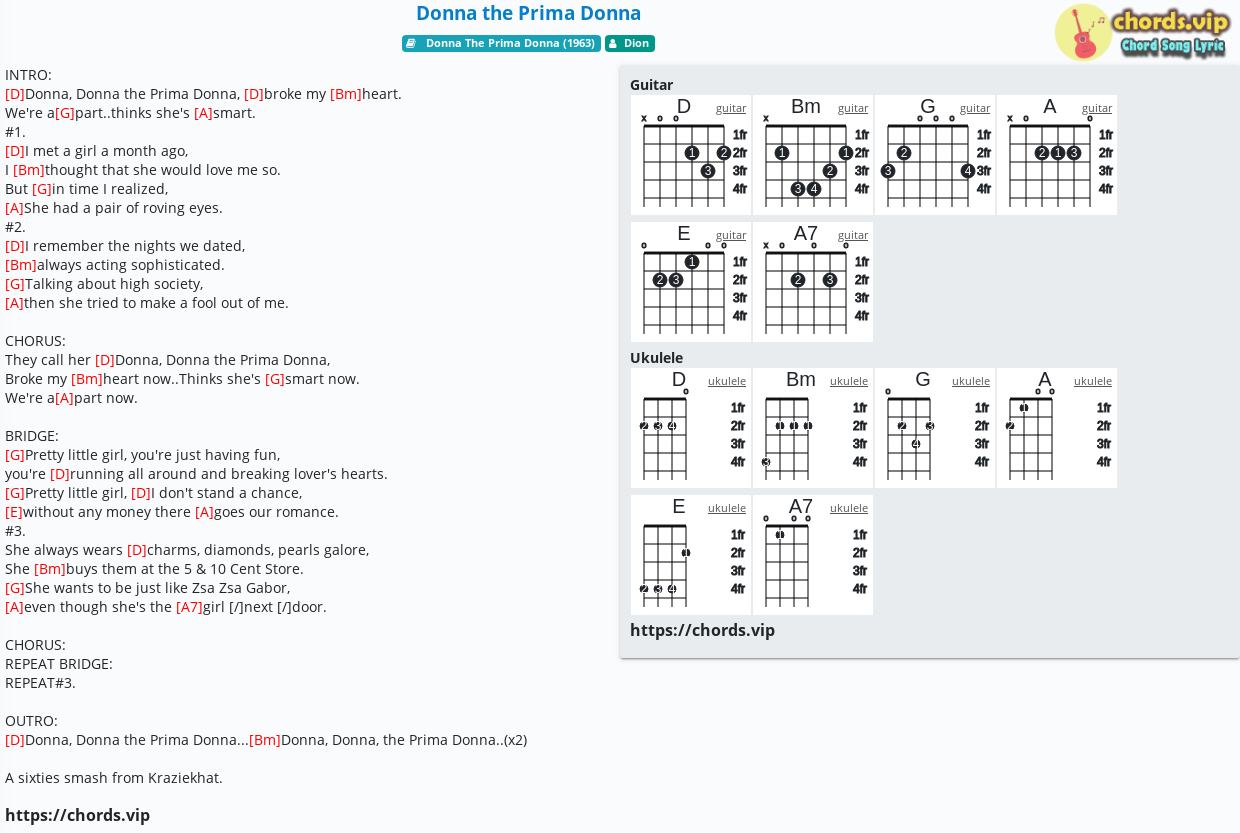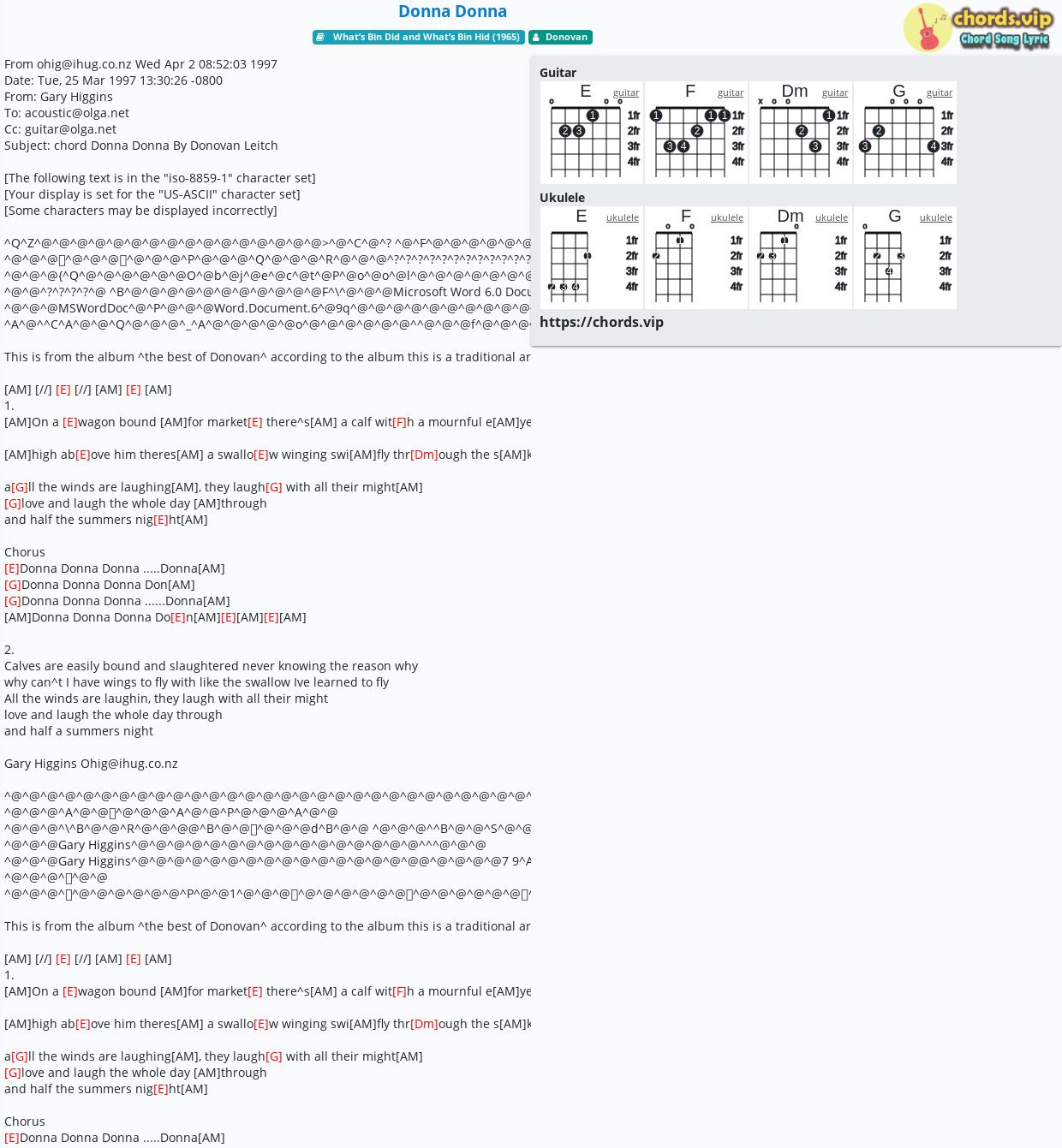
Iza's songs - which mix pop, funk, dancehall, and R&B rhythms - have over 720 million streams on Spotify. Her Grammy-nominated debut album, Dona de Mim (Owner of Me), went double platinum, and in 2019 she collaborated with Ciara and Major Lazer on her first international single, "Evapora." Following in the footsteps of other discovered-on-YouTube sensations (Anitta and Ludmilla), Iza signed with the label. Her videos, such as a mash-up of Beyoncé's "Flawless" and Rihanna's "Rude Boy," caught the attention of Warner Music Brasil’s president Sergio Affonso. She created a YouTube channel and began posting her work to help secure gigs at bars, restaurants, weddings, and graduation balls.
The lyric of dona dona full#
At age 25, Iza left a career in advertising to pursue music full time. Though this is her first cover story interview for an international magazine, she was ranked Brazil's most influential celebrity of 2021 in a recent poll.
The lyric of dona dona tv#
“Growing up, I never saw myself in the media or on TV shows,” Iza recalls. The report attributes this socioeconomic gap between Blacks and whites to "discrimination in every aspect of society." A report published by Minority Rights Group International found that 78 percent of Afro-Brazilians live below the poverty line, compared with 40 percent of whites. Statistics support the difficult truth behind Iza’s statement: In Brazil, white people account for 44 percent of the population but earn, on average, 74 percent more than Black or biracial Brazilians. "The Black population is the poorest part of our society." I’m a Black girl with a superior degree, and this is not something that you see a lot," she says of the country's racial inequality. "Unfortunately, I am an exception here in Brazil.

But Iza recognizes that her experience is different from most men and women who look like her. Iza is Afro-Brazilian, as are her parents and grandparents. If Iza's dad gave her R&B, her mom gave her bravery.Īn estimated 65 to 120 million Brazilians are of African ancestry. I'm so gorg, yes!’ But when you get older you realize people treat you differently because of the color of your skin."


They are looking at you because you're really cute.' I was like, ‘Oh, my gosh. "I was like, 'Mom, why are people looking at me that much?' And she was like, 'Girl, it is because you are so gorgeous. I remember walking into a restaurant and people staring at us,” Iza says. Unlike Olaria, the neighborhood in Rio where Iza was born, Natal was a predominately white and pardo community.
The lyric of dona dona skin#
As with many countries in the Americas, communities of the African diaspora are stratified by skin color. Pardo is a term used to refer to multiracial Brazilians preto refers specifically to dark-skinned Black Brazilians, like Iza and her family. Emancipation was followed by embranquecimento, an ideology that promoted the mixing of races to "whiten" the overall population. Brazil was the last nation in the Americas to abolish slavery.


 0 kommentar(er)
0 kommentar(er)
